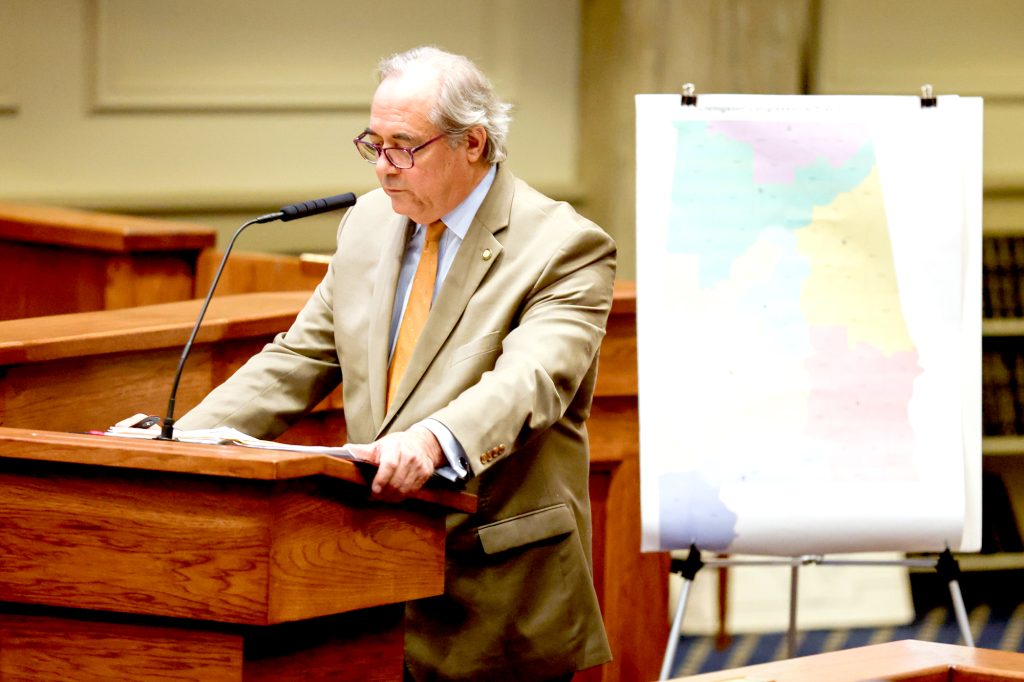By John Cashin, Huntsville, Alabama


Currently, there are 67 Black members of Congress serving in the United States 119th Congress.
(There will be a 68th after the runoff in Texas’s 18th Congressional District between two Black Democrats.)
Counting Sen. Tim Scott (R-SC), there are 5 Black Senators, and counting Rep. Byron Donalds (R-Fla.), there are 63 Black Representatives serving in the second session of 2026, prior to the November 3rd elections and continuing until January 3rd, 2027.
The 2026 elections will be affected by major redistricting changes in several states, including Texas, California, North Carolina, Virginia, Ohio, Arizona, and Wisconsin. These changes will also shape the 2028 elections and the selection of Electoral College electors, which—according to the 12th Amendment—should be elected individually by name, district by district, as is done in Maine and Nebraska.
In Alabama, since 1976, every elector “selected” has been a pre-chosen Republican, none of whom have ever appeared individually on the ballot.
By contrast, in the 1968 general election, all 10 candidates for the Electoral College were listed individually on the Alabama ballot by place number and by political party column or as independents. Neither the presidential nor vice-presidential candidates appeared on the Alabama ballot that year.
Consider this: if 60 majority-Black congressional districts elected their own electors, individually, every four years, our communities would hold a significant and lasting voting voice in electing every President (POTUS) and Vice President (VPOTUS) under the Constitution.
Meanwhile, the Alabama Republican Party recently passed a new rule allowing the party to replace any “unfaithful” elector. Yet every elector is required by law to go to the Capitol in Montgomery to cast two secret, sealed ballots—one for president and one for vice president. Those ballots are not opened or counted until January 6th during the Joint Session of Congress.
So, the question becomes:
How can an elector be replaced after he or she has already voted, and both votes are counted?
The 22nd Amendment: Constitutional Term Limits
The 22nd Amendment clearly states that a president can be elected only twice. Therefore, the following former presidents are constitutionally ineligible to be elected again:
- William J. Clinton
- George W. Bush
- Barack H. Obama
- Donald J. Trump
[Text of the Twenty-Second Amendment]
Section 1:
No person shall be elected to the office of the President more than twice, and no person who has held the office of President, or acted as President, for more than two years of a term to which some other person was elected President shall be elected to the office of the President more than once…
Section 2:
This article shall be inoperative unless ratified by three-fourths of the states within seven years of submission…

